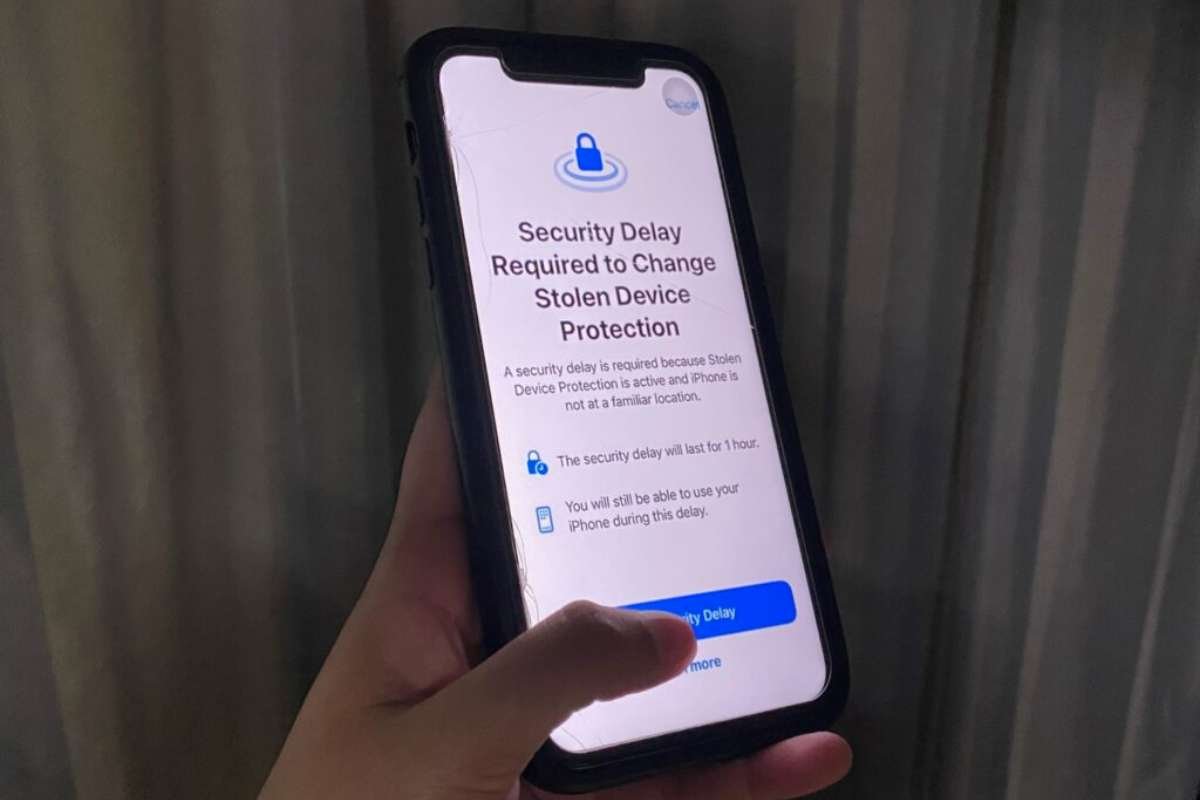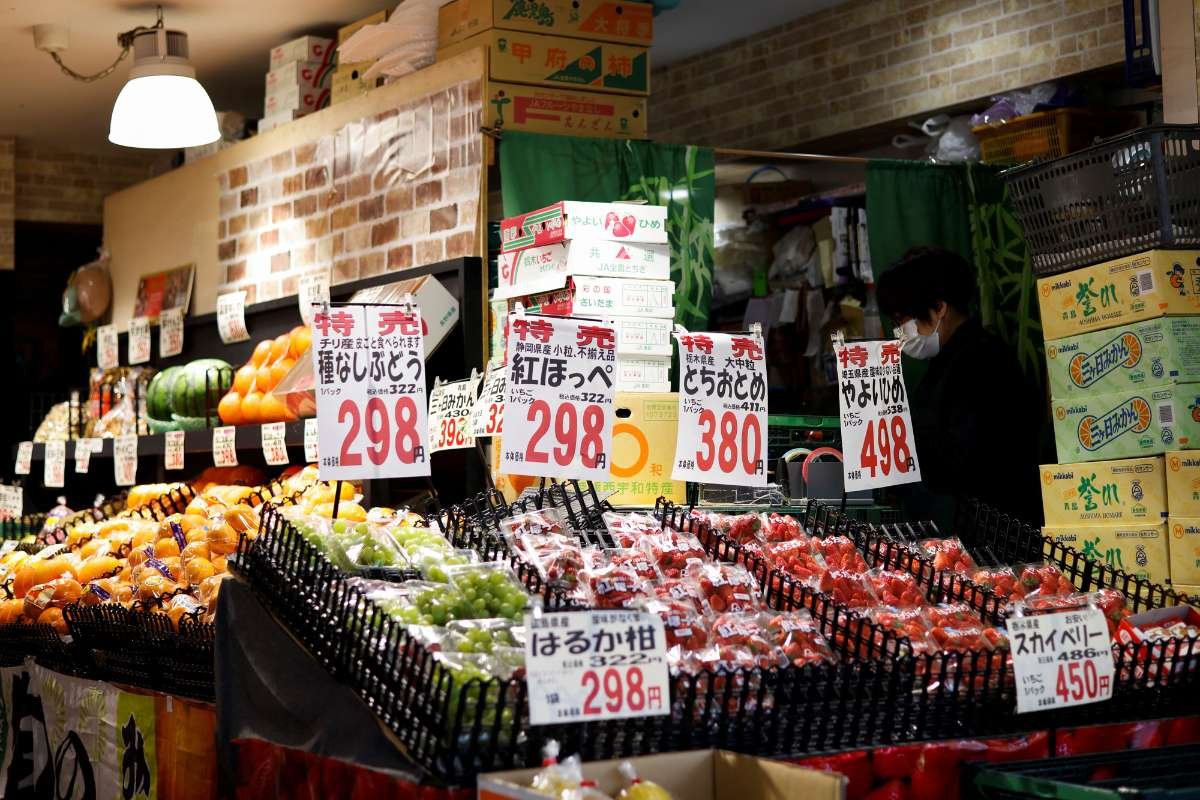Amid recent protests in downtown Los Angeles targeting federal immigration enforcement, a surge of looting struck several high-profile retailers, including Apple, T-Mobile, and Adidas. Amid the smashed storefronts and stolen goods, one surprising twist stood out Apple’s stolen iPhones were rendered completely useless within minutes. The tech giant’s advanced Anti-Theft Tech system quickly turned what seemed like a major heist into a tech-enabled failure for thieves.
The looters who fled with display iPhones from Apple’s flagship Tower Theatre store soon found their spoils deactivated. Apple’s security system, designed specifically for in-store demo devices, triggers a remote lock and alerts the moment a device is taken beyond the store’s Wi-Fi range. Each iPhone displayed a clear warning: “Please return to Apple Tower Theatre. This device has been disabled and is being tracked. Local authorities will be alerted.” An accompanying alarm further ensured the phones were unusable and unsellable, effectively turning stolen merchandise into useless tech shells.
Apple’s Proven Anti-Theft Strategy
This isn’t Apple’s first successful use of its built-in retail theft deterrent. The system—combining proximity detection, remote locking, and GPS tracking has been employed in past incidents, including the 2020 nationwide unrest, where looters quickly discovered that stolen Apple devices couldn’t be resold or activated. Videos now circulating on social media show recently stolen iPhones sounding alarms and flashing warning messages, making them both traceable and valueless.
Law enforcement is already acting on the tracking data. According to the Los Angeles Police Department, at least three suspects connected to the Apple Store burglary have been arrested. One was caught on-site, while the others were detained shortly after. Apple’s technology has not only protected its assets but also directly aided police in identifying and locating perpetrators.
By making its products worthless outside a controlled environment, Apple has effectively set a standard for smart retail security. The company’s approach may serve as a model for other retailers hoping to deter Anti-Theft Tech through innovation rather than solely relying on physical security.
California Cracks Down on Retail Crime
The latest string of thefts has intensified California’s crackdown on organized retail crime. In response to a growing wave of smash-and-grab incidents, state officials have begun to reverse earlier, more lenient stances. The passing of Proposition 36 allows prosecutors to file felony charges against repeat offenders, regardless of how much was stolen, and introduces stricter penalties for Anti-Theft Tech committed by organized groups.
District attorneys across Southern California are pushing for further reforms. Proposals include classifying looting as a felony during emergencies and tightening bail protocols to prevent quick releases. These measures aim to dissuade individuals from exploiting moments of civil unrest or disaster for criminal gain.
Officials say the goal is clear: combine tougher laws with smarter deterrents like Apple’s to reduce the frequency and impact of large-scale retail crimes. As technology and policy converge, California is signaling that opportunistic Anti-Theft Tech in times of crisis will be met with serious consequences.


















